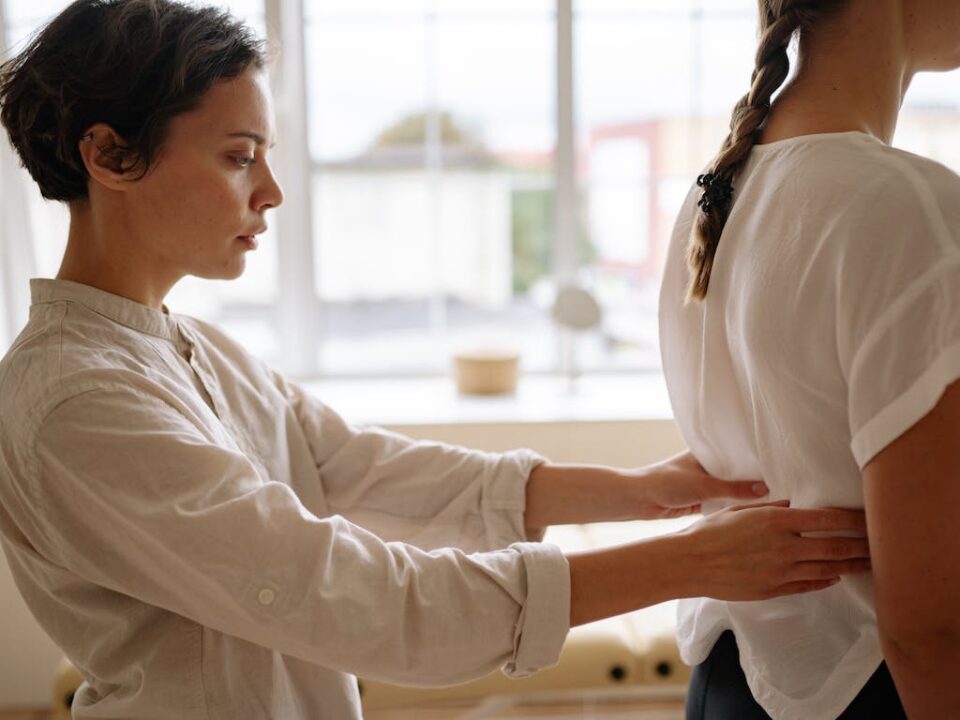Cervical cancer is a major health concern that affects women worldwide. Early detection plays a big role in successful treatment and improved outcomes. This article will provide information on the signs of cervical cancer and how women can perform self-checks to monitor their health. Women can proactively approach their cervical health by recognizing the signs and checking for abnormalities.
Signs of Cervical Cancer
Early stages of cervical cancer may not present any noticeable symptoms. However, as the disease progresses, women should be alert to the following signs which may indicate the presence of cervical cancer:
Abnormal Vaginal Bleeding:
This includes bleeding between periods, after sexual intercourse, or after menopause. A healthcare professional must evaluate any unexplained vaginal bleeding.
Unusual Vaginal Discharge:
Cervical cancer can cause an irregular discharge that may be watery, bloody, or have a foul odor.
Pain During Sexual Intercourse:
Women may experience discomfort or pain during sexual intercourse, which can be a symptom of cervical cancer.
Pelvic Pain:
Persistent or unexplained pelvic pain that is not related to menstruation or other causes could be a sign of cervical cancer.
Fatigue and Weight Loss:
Advanced stages of cervical cancer may cause general fatigue, weight loss, or loss of appetite.
How to Perform Self-Checks
In addition to the signs of cervical cancer, women can also perform self-checks to monitor their cervical health. Here is a simple step-by-step guide:
Wash hands well with soap and warm water.
Find a comfortable position, such as sitting on the toilet or standing with one leg raised on a stool or the bathtub’s edge.
Relax and gently insert a clean finger into the vagina. Feel for any bumps, lumps, or changes in the cervix. It may feel firm or like a small, round donut.
Pay attention to any unusual discharge or bleeding.
Repeat the self-check regularly, ideally once a month, to monitor any changes.
Remember that a self-check isn’t a substitute for regular cervical cancer screenings performed by healthcare professionals. It is an additional tool for women to become more familiar with their bodies and notice potential abnormalities. If any concerns or changes are detected during a self-check, it is necessary to consult a healthcare professional for further evaluation and appropriate follow-up tests.

